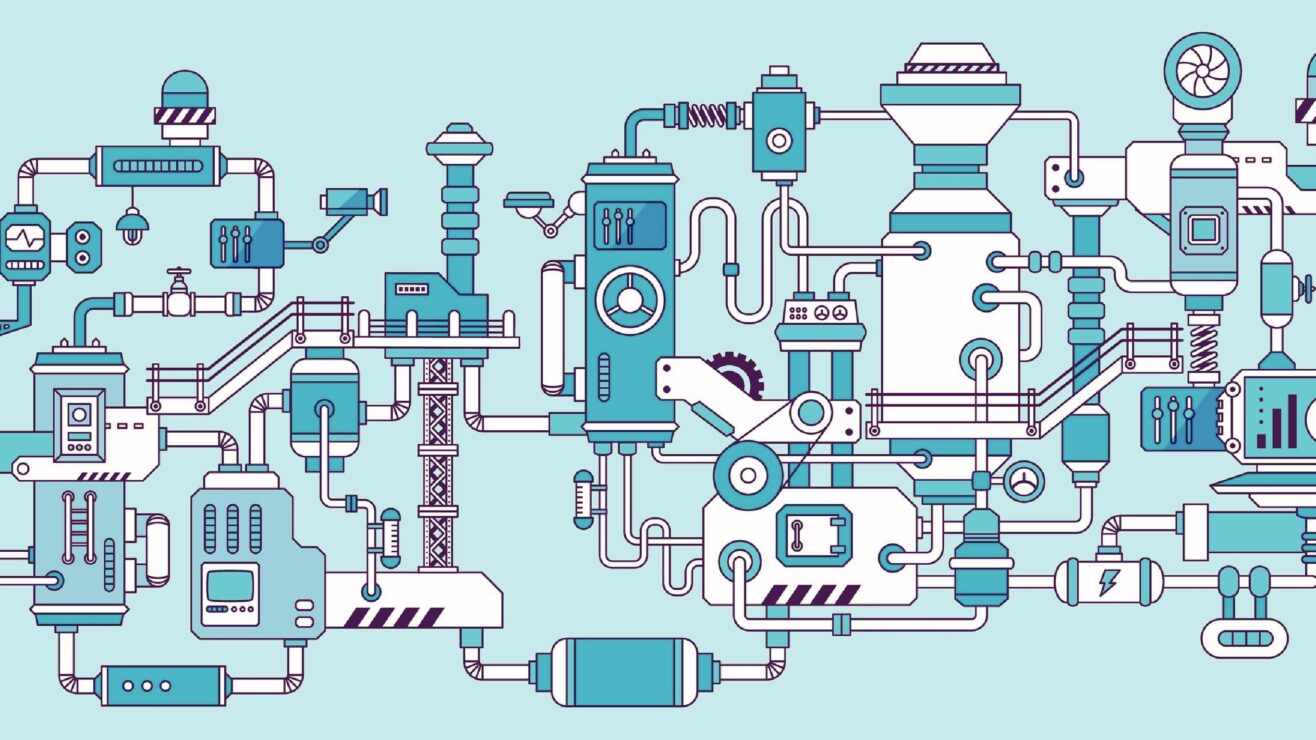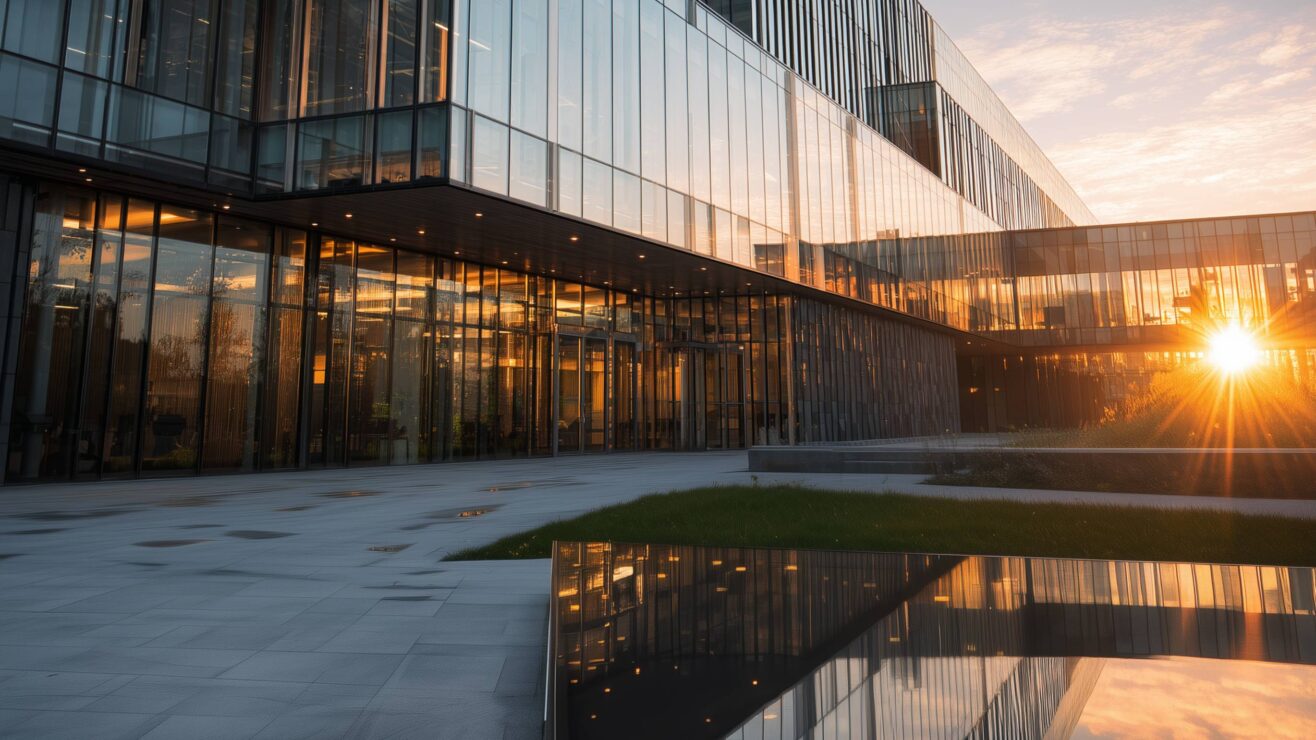As Heraclitus says, “the only thing that is constant is change”. This statement is as true now as it was in ancient Greece – and arguably even more so. It is certainly the pace of change that is particularly startling. In a Telegraph article this time last year, we were reminded that in 2007 Twitter had just been founded and Spotify, Instagram and WhatsApp hadn’t yet been invented.
Arguably 2017 belonged to AI (artificial intelligence). In the last year alone, we’ve seen AI successfully enter our homes with Amazon and Google releasing smart speakers with great success, tech giants Tesla unveil their first self-drive truck as we move closer to driverless vehicles on our roads, and the widespread use of ‘chat-bots’ across a range of sectors and applications from social media to football clubs. So, as I write – at the beginning of another new year – my attention is firmly on the future, and what the next 10 or more years will bring the world, and higher education in particular.
Foresight International (FI), an organisation assisting the growth and development of Futures Studies, have attempted to deconstruct the notion of ‘futures’ within the context of education.
They argue:
At this particular point in time it is the future which should command our attention – not least of all because of the many unresolved difficulties and problems associated with our transition from the industrial era. Far from being a distant abstraction, the study of futures has now become indispensable within education, as elsewhere.
For me, shaping HE futures is an exercise in global co-creation with staff, students, partners, policy-makers, thinkers and the public at large. A great example of such futures’ thinking in education is Georgetown University’s ‘Futures Initiative’ supporting innovation in curriculum design, development and delivery. They state that this initiative is their ‘strategic institutional response to the widespread and noisy national conversation about the nature and value of traditional university education. Is college worth it? Will the university be disrupted by massive online education…?’
Georgetown refers to the ‘noisy national conversation’ in the US.
In the UK, we also have such a conversation, but we have some particular issues that arguably make for a deafening national conversation…
What’s wrong with higher education?
With the launch of the consultation in December on the new Knowledge Exchange Framework (KEF), the last leg of the so called ‘three-legged stool’ that includes REF and TEF, I am concerned that in this pursuit of excellence through measurement, metrics, and frameworks, we have lost sight of HE’s core purpose: education!
Education is transformative in so many ways, some of which are fairly obvious and can be counted pretty easily (such as graduates in employment and their earnings) but some are much less obvious like growth in self-confidence, making new friendships and networks, gaining life skills and experiences, and developing new mindsets and ways of thinking. Universities UK reports how, on average, graduates enjoy better health, wellbeing and life satisfaction, are more politically engaged, and are more likely to vote.
The wider societal impact of universities is also fairly well-documented. A great summary can be found in a Universities UK blog, but quick headlines, include:
- 31% of all students in higher education volunteer in their local area
- More than 100 university museums are open to the public, attracting nearly 4 million public visitors.
In our local community in Bournemouth, a 2013 study found that:
- BU generated more than £1 million a day in economic activity in south-west England and created almost 1,400 full-time equivalent jobs.
- Our students, and their visiting friends and family, spent £128 million across the region during the same period, and our staff spent £54 million.
- For every seven students at BU, one full-time job is supported across the South West.
- Our students raised around £200,000 each year for local charities.
This is all great stuff and yet in the ‘busyness’ created by a policy environment characterised by consultations and metrification, I am not sure institutions are left with much energy or resource or even intent to invest or innovate across a broader and more wholesome educational excellence agenda than the one that is currently measured and promoted.
So, let me qualify, perhaps, my original opening to this section: metrification by itself is not what is wrong with HE; it’s how we as educators, managers and institutions are responding to the agenda. I believe these times call upon us not to be side-tracked by the latest buzzwords of the regulatory system, but to continue to retain a laser sharp focus on the provision of excellent and impactful education. Impact in itself relies on the ability to innovate in the design, development, delivery, and ultimately, the evaluation of good education. I suggest some areas to focus upon.
Strengthening our place in global HE – some ideas for shaping futures
As we position our institutions within a turbulent and uncertain UK regulatory landscape, I offer three potential game changers for our sector:
- Gamification of learning –Destiny 2 – a game to which I am currently addicted (yes, and amongst the 20% to have reached 330!!!) has millions of players simultaneously. Is there a university or a MOOC with that many actively involved? A partnership between the sector and the gaming industry is well overdue. The use of learning games by private sector businesses to up-skill their workforce is already common-place, and the University of Michigan, as an example, has already partnered with Microsoft via MOOC platform edX to offer a course about designing serious learning games. So how long before we see the likes of Sony, Electronic Arts and Eidos working with universities to develop gamified learning content for students? I suspect the answer is ‘not long’.
- Collaborative governance models of partnership – in another blog, I wrote about the problem of HE’s traditional import/export, transactional model of internationalisation. The same can be said about traditional didactic models of learning and teaching. In all areas of education, we need to move from the bilateral to the multilateral. At BU, we have developed Hubs of Practice built around creating a distinctive regional, national and global network of partners that co-deliver impact, engaging staff, students, alumni, HE partners, government and more in the delivery of education, research and practice.
- Massification of personalisation – Every career and every life is unique, so why is every academic journey homogenised? The NSS is a prime example of a tool that quantifies aspects of the student experience for the purpose of generalised metrics rather than focusing on the individual student’s unique learning journey and experiences in HE. Our students are not merely lines of comparative data, but individual trajectories of human ambition and aspiration. Provision of excellence and its measurement therefore has rapidly to become more sophisticated to accommodate the proper focus on individuality so that individual learning journeys can be realised optimally. So, massify the individual (but anonymised) personal data and empower the learner with it, shifting the focus away from merely crunching comparator statistics.
So who for – and how – should we be designing future degree programmes?
The concept of ‘massification’ does not sit easily with ‘individualisation’. Higher education is made up of people of different ages, different cultures and beliefs all of whom are likely to have quite different views and perspectives on futures. To suggest that a middle-aged academic, i.e. me, has some privileged position to offer design thoughts about other people’s futures, and the courses they want or need, is frankly wrong. Yet too many degree programmes are designed in the here and now realities of the academics, like me, who have designed them. Why? Because that is all we know. At a more personal, even philosophical level, perhaps it also gives meaning to our own relevance – if it isn’t what the students need to know, what need is there for that academic (me!)?
This is perhaps provocative, but what I want to suggest is that designing education futures is the most challenging aspect of the work of a university, yet the metric initiatives designed to improve universities and the student experience have no means of assuring students that they are in the capable hands of intelligent educational futurists. The model that is embedded in most degree designs is at best focused on educationalists whose experience is dominated by coping with the present, and at worst the past. Where is the ‘design-futures’ in this model?
To break out of this outdated model, we need to look towards radically new examples of learning in different contexts, a few of which I have posited above to start the debate – there will be more ideas and much better ones out there. What is clear is that ‘higher education futures’ must be ‘futuristic’ and not overly prescribed by current national models of measurement. Otherwise, we risk undermining genuine educational excellence and its evaluation whereby unique and individual student experiences can lead to flourishing, confident futures.
So my call to action is: let’s not just theorise the future, but be it. Let’s not just imagine it, let’s design it imaginatively. Here’s to conservative endings in 2017 and creative and confident beginnings for UK HE 2018!
This article is part of Wonkhe’s HE Futures series. There’s more information about the series here.













